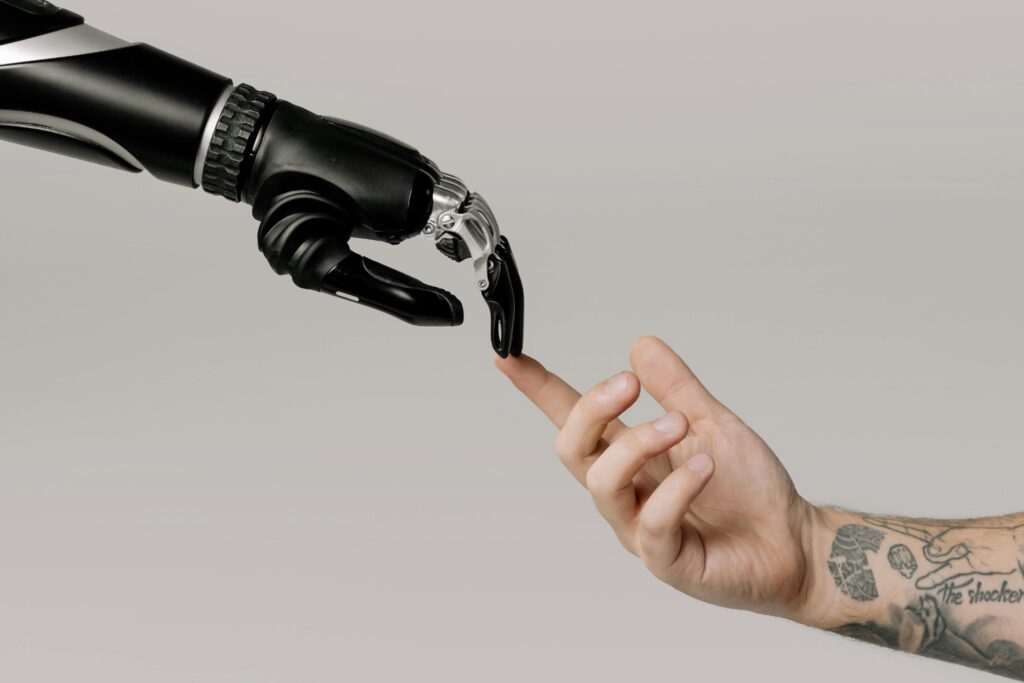
As artificial intelligence (AI) is transforming sectors globally, no wonder that even creative industries such as graphic design are being impacted. AI-powered tools like Adobe Firefly, AI Magic tools in Canva, and DALL·E can now generate images, design layouts, and even provide color palette suggestions. This has raised a huge question among designers:
Is graphic design still a good career option after AI?
The short answer? Yes. But it comes with a change of designer’s in approach and mindset. In this article, we’ll explore how AI impact the graphic design field, what opportunities are prominent, and how designers can see their future and careers in an AI-driven world.
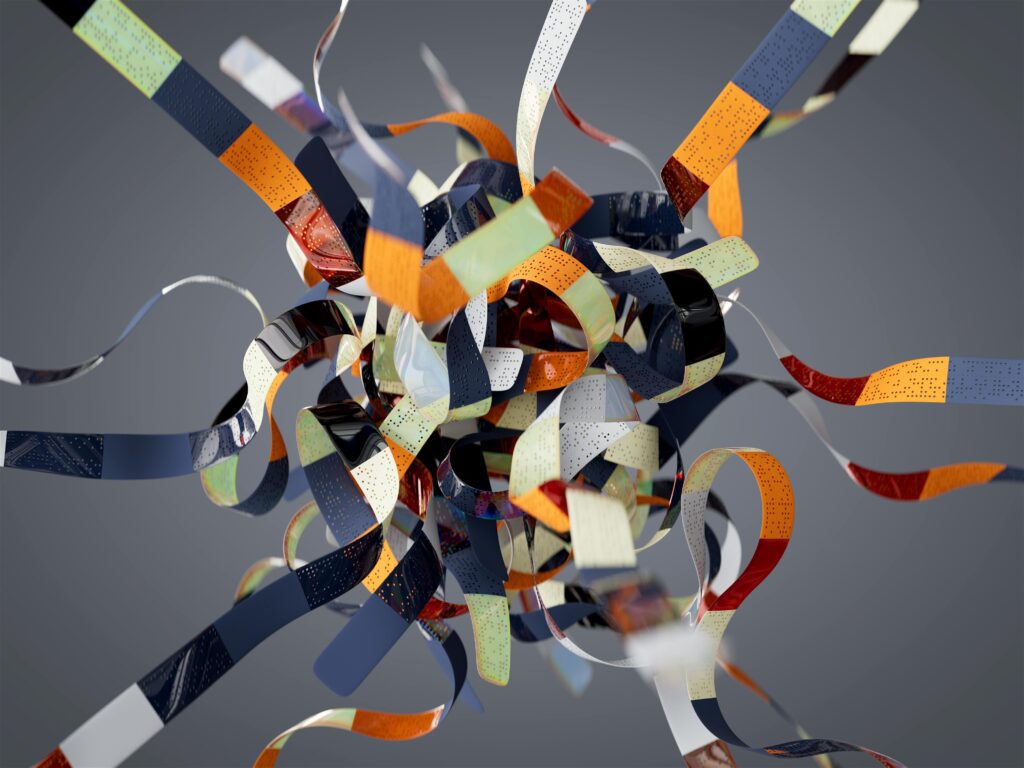
How AI Is Transforming Graphic Design
AI is no longer fiction; it’s just a tool that helps designers to engage themselves every day. From creating logos to retouching images, AI made their design work faster than before.a These are some of the ways that AI is already active in graphic design:
Visual creation:
Software such as Midjourney and DALL·E can produce quality visuals from basic prompts.
Automated layout:
AI software examines optimal design practice to recommend or establish efficient layouts immediately.
Photo editing:
Tools such as Luminar AI remove backgrounds, color-correct, and retouch faces automatically.
Content adaptation:
AI resizes and optimizes designs across platforms on its own.
This may sound like the warning for human designers, but in fact, it creates new opportunities to be more productive and concentrate on higher-level thinking.
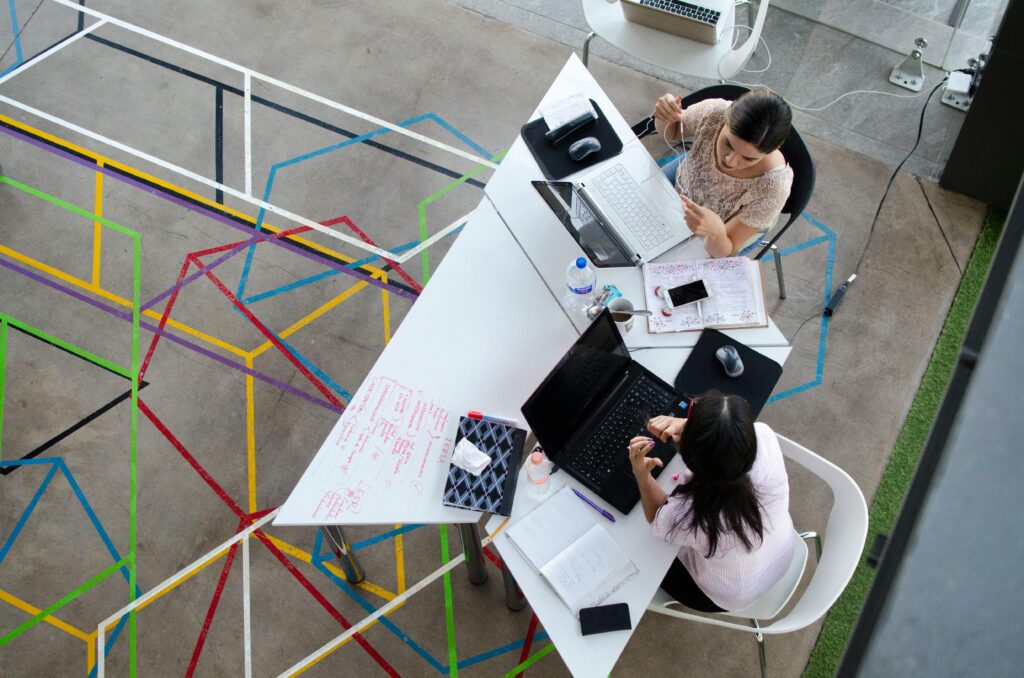
Why Human Creativity Still Matters
In spite of All the advances , AI is missing one essential element: Human Intuition Graphic design is not merely placing elements on a canvas; it’s story-telling, creating emotions, and problem-solving visually. Here’s why human designers are still crucial:
Empathy and emotional intelligence:
Client objectives, audience psychology, and cultural variations need a human touch.
Original story-telling:
AI may be able to re-mix what already exists, but it can’t create a story that resonates on a fundamental level.
Brand identity:
Great branding is built on strategy, personality, and vision—territory where human designers have an edge.
Therefore, even if AI assists with execution, the ideas must still originate from actual people.

New Career Paths and Opportunities in the AI Era
Rather than shrinking the workforce, AI is indeed creating new opportunities for graphic designers. Some of the new career opportunities include:
AI Prompt Engineer:
Graphic designers who learn how to craft good prompts for image generators will be sought after.
Creative Technologist:
A combination role of design, technology, and innovation.
UX/UI Designer with AI Integration:
Individuals who possess the ability to design user experiences that are driven by machine learning.
AI-powered Motion Graphics:
Applications such as Runway ML are democratizing motion graphics, prompting the need for hybrid talent.
These jobs marry creativity with technology and need strategic minds—things AI cannot replace.

How to Future-Proof Your Graphic Design Career
If you’re a designer or desired to be one of the best designers, here’s how to be future-ready:
1. Master the Basics:
Typography, composition, and color theory will never fade, if we remember the principles of designing.
2. Train to Work with AI:
Leverage AI tools as collaborators, not rivals. Make yourself comfortable with the tools like Adobe Firefly, Midjourney, and Figma’s AI capabilities.
3. Be Curious and Keep Learning:
Keep up with trends, learn online courses, and stay receptive to new technologies.
4. Strategy Focus:
Move beyond execution and master solving design problems at the business level.
5. Personal Branding:
Post your work online, blog about your process, and develop a distinctive voice that AI cannot duplicate.
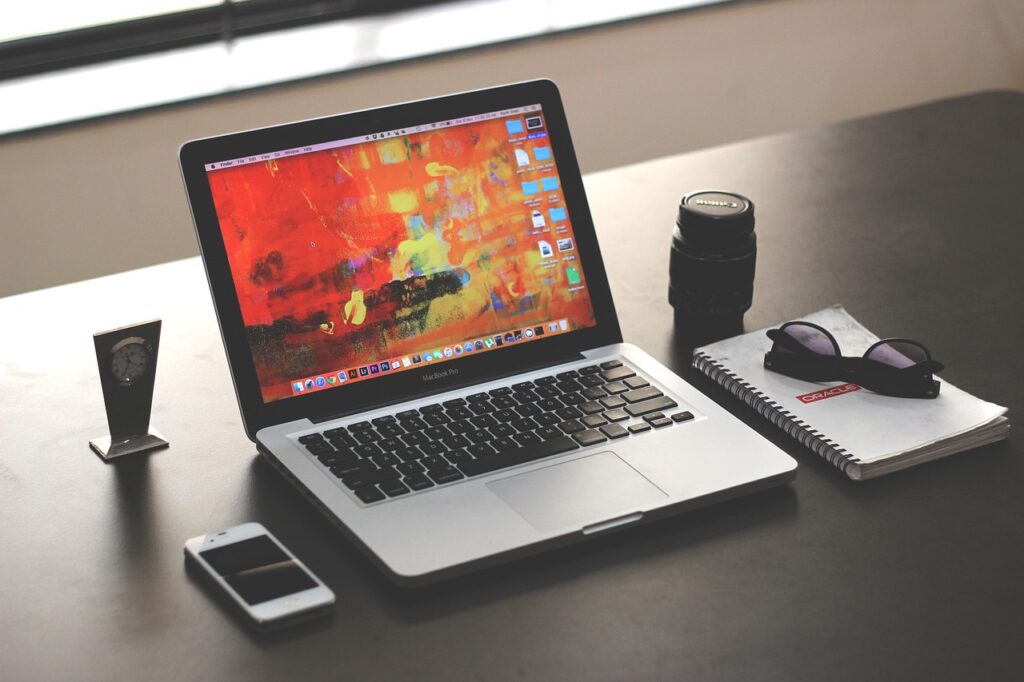
Graphic Designers’ Job Market Future
As per the U.S. Bureau of Labor Statistics, graphic design jobs will continue to grow steadily, particularly within digital and online mediums. Some of the trends to note below:
The number of freelance options is increasing dramatically:
Websites like Upwork, Fiverr, and Behance show that there is a growing demand for designers.
Remote work is the new standard:
The skill of design is so transferable that it may be applied to remote work and freelancing.
Companies require brand clarity:
With a market that is saturated, companies are employing designers to differentiate themselves with solid identities.
In other words, although some tasks will be automated, the demand for creative problem-solvers continues to expand.
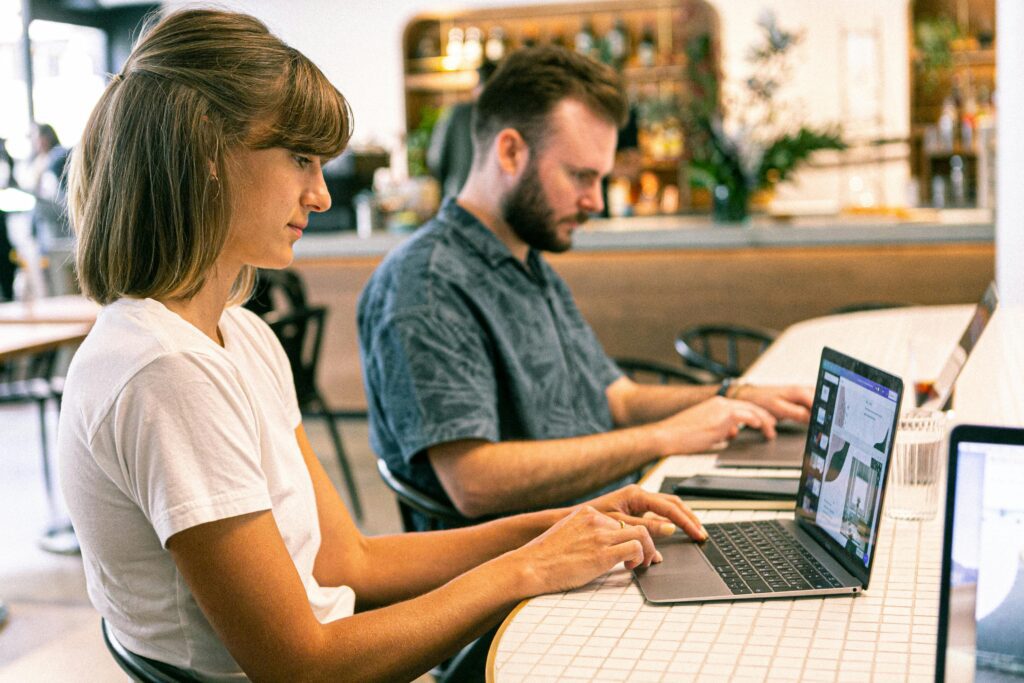
Actual Designers on Collaboration with AI
Several professional designers are already using AI as a creative collaborator. Here’s what several of them have to say:
“AI enables me to expedite idea generation. It’s brainstorming with a machine that never tires.”. — Lara, Senior Graphic Designer
“Rather than wasting time on mockups, I let AI produce rapid visuals and concentrate on polishing the concept.”
— Jamal, Freelance Branding Specialist
These attitudes depict a change: not one of fear, but adjustment.
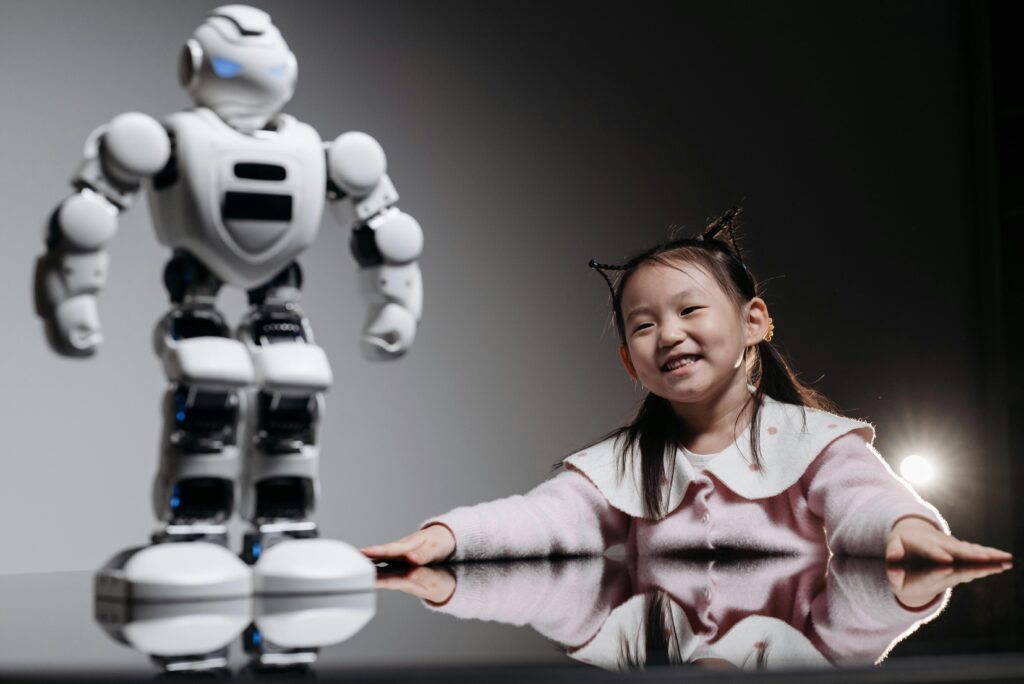
Conclusion: A Creative Future with AI
Though it isn’t replacing human designers, AI is transforming the graphic design industry and forcing us to adapt. Even if design can still be used to tell stories, persuade people, and communicate ideas, human designers will always be crucial.
Instead of being afraid of AI, be open to it. Understand how to harness it as a tool, develop next-generation skills, and hone in on the exceptional qualities you alone can provide.
Graphic design isn’t dying—it’s leveling up. And if you’re ready to evolve with it, your career has never looked brighter.
—
Interested in learning more about creative and design careers? . See The Creatinest for professional advice, design ideas, and useful how-tos for succeeding in the creative industry.
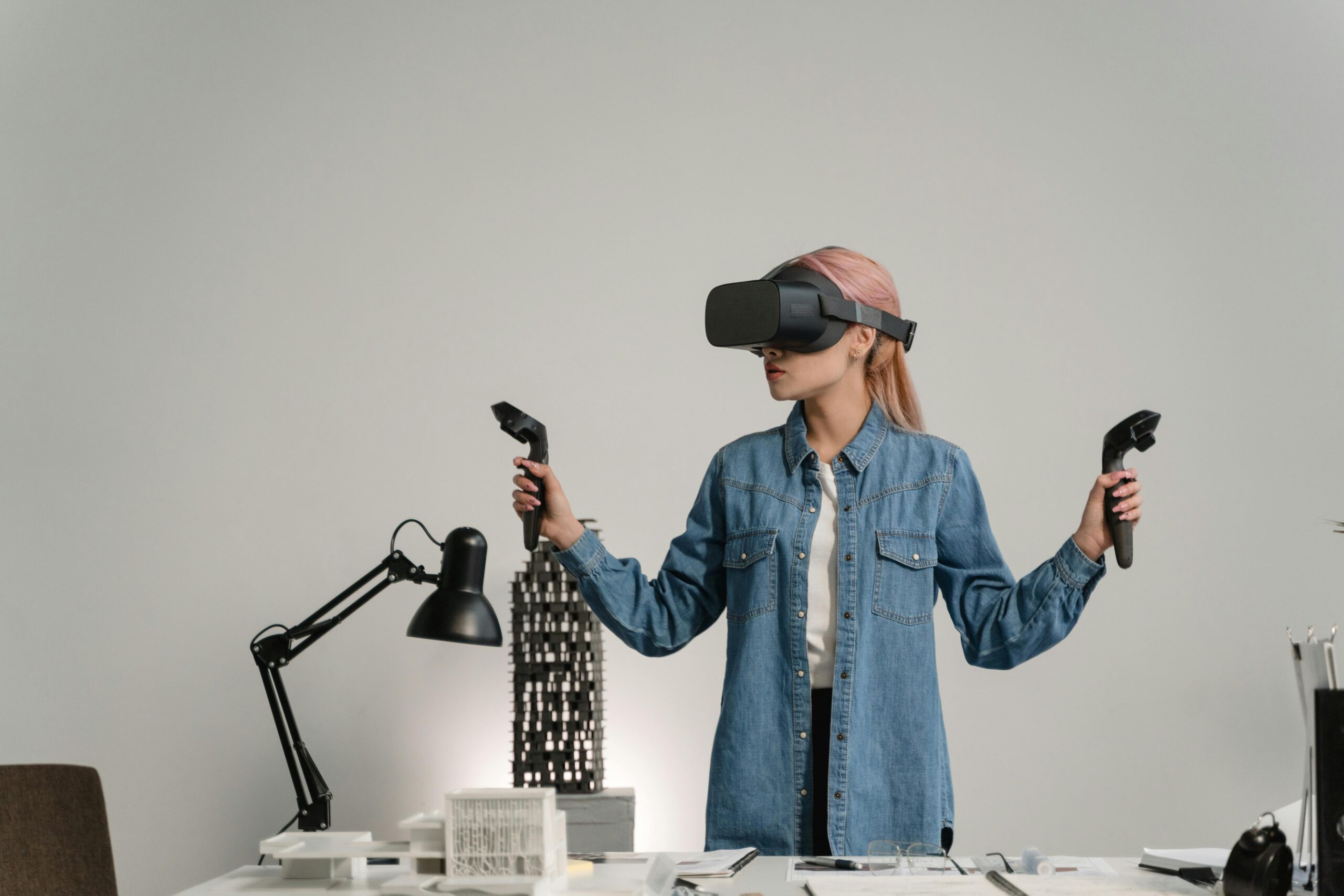
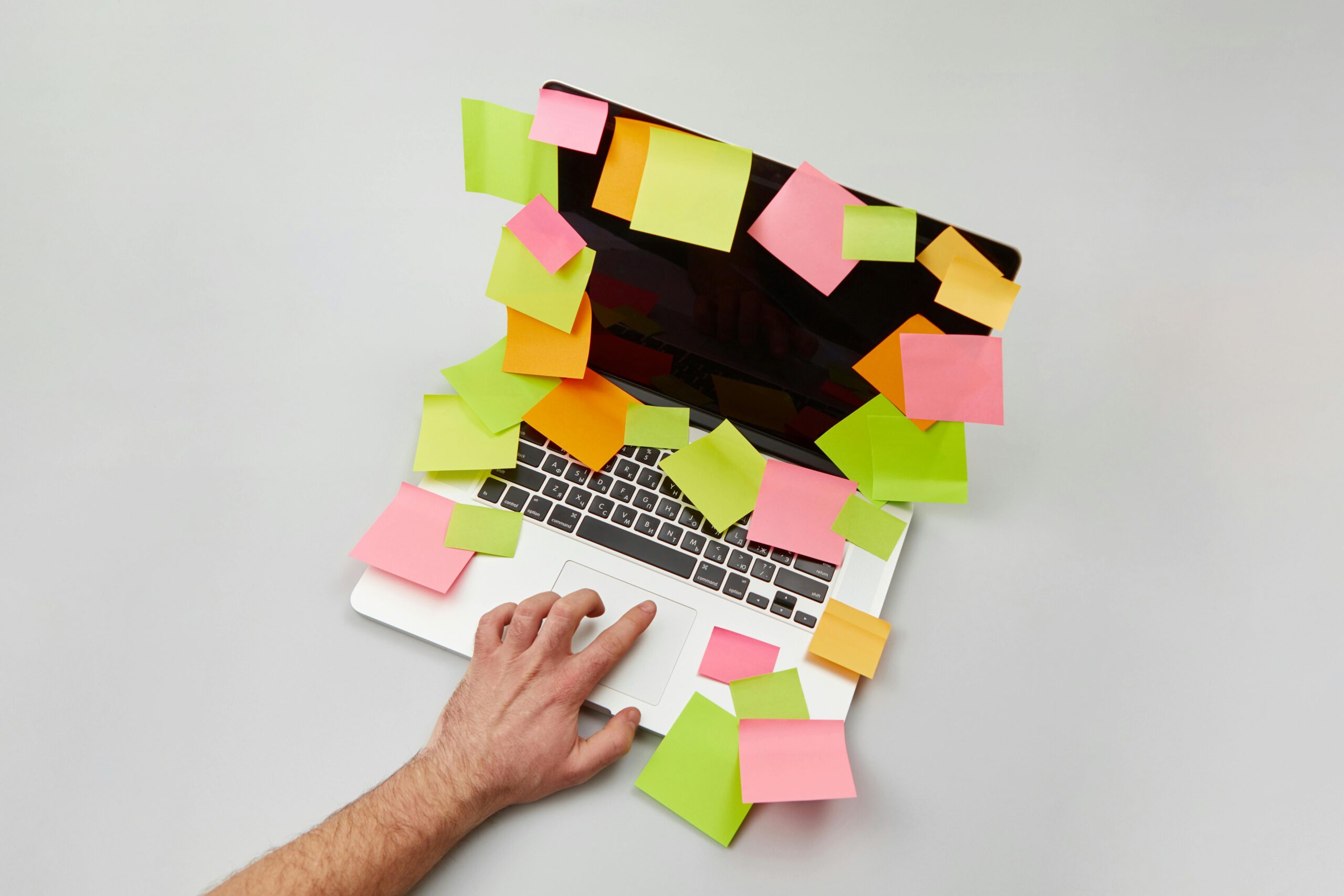

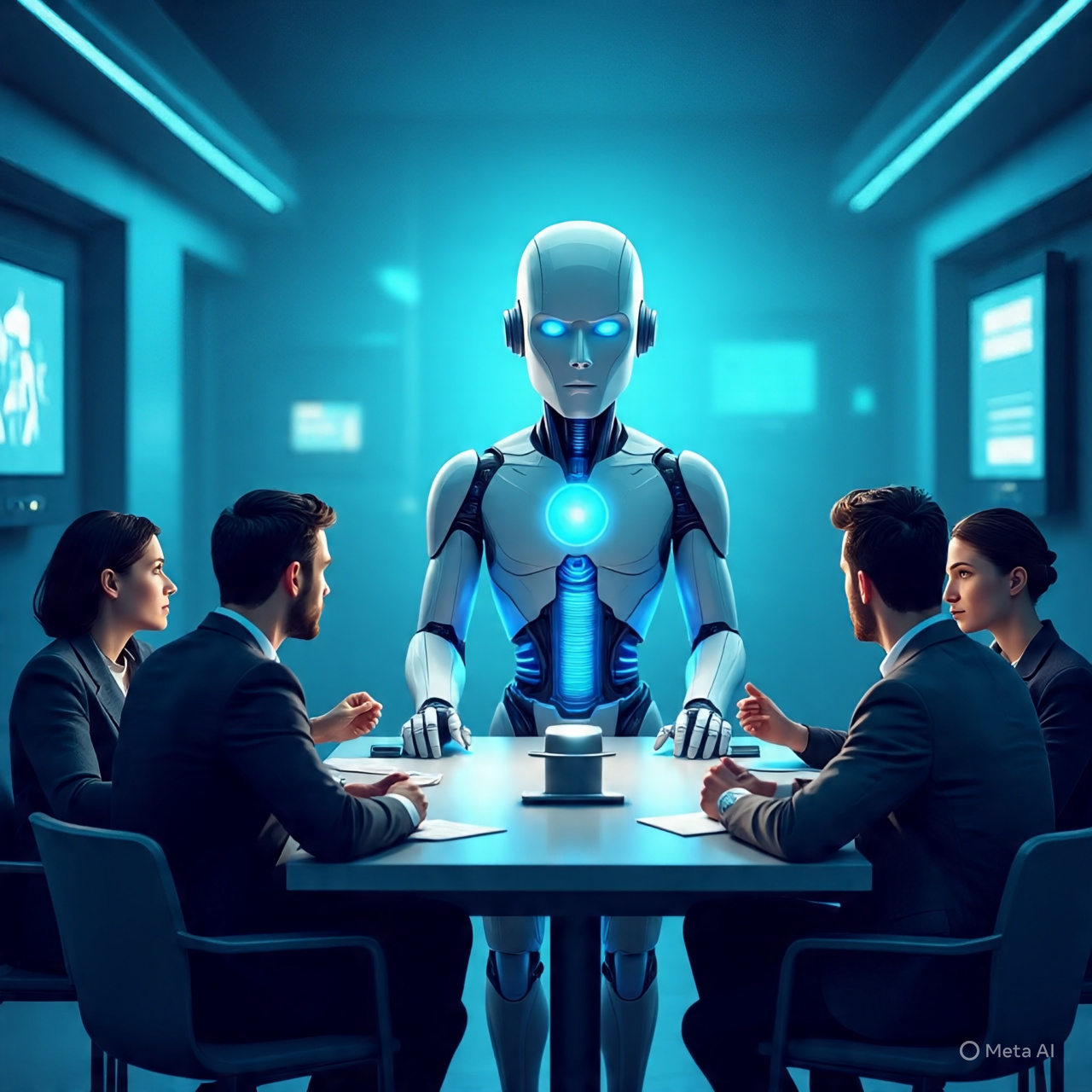
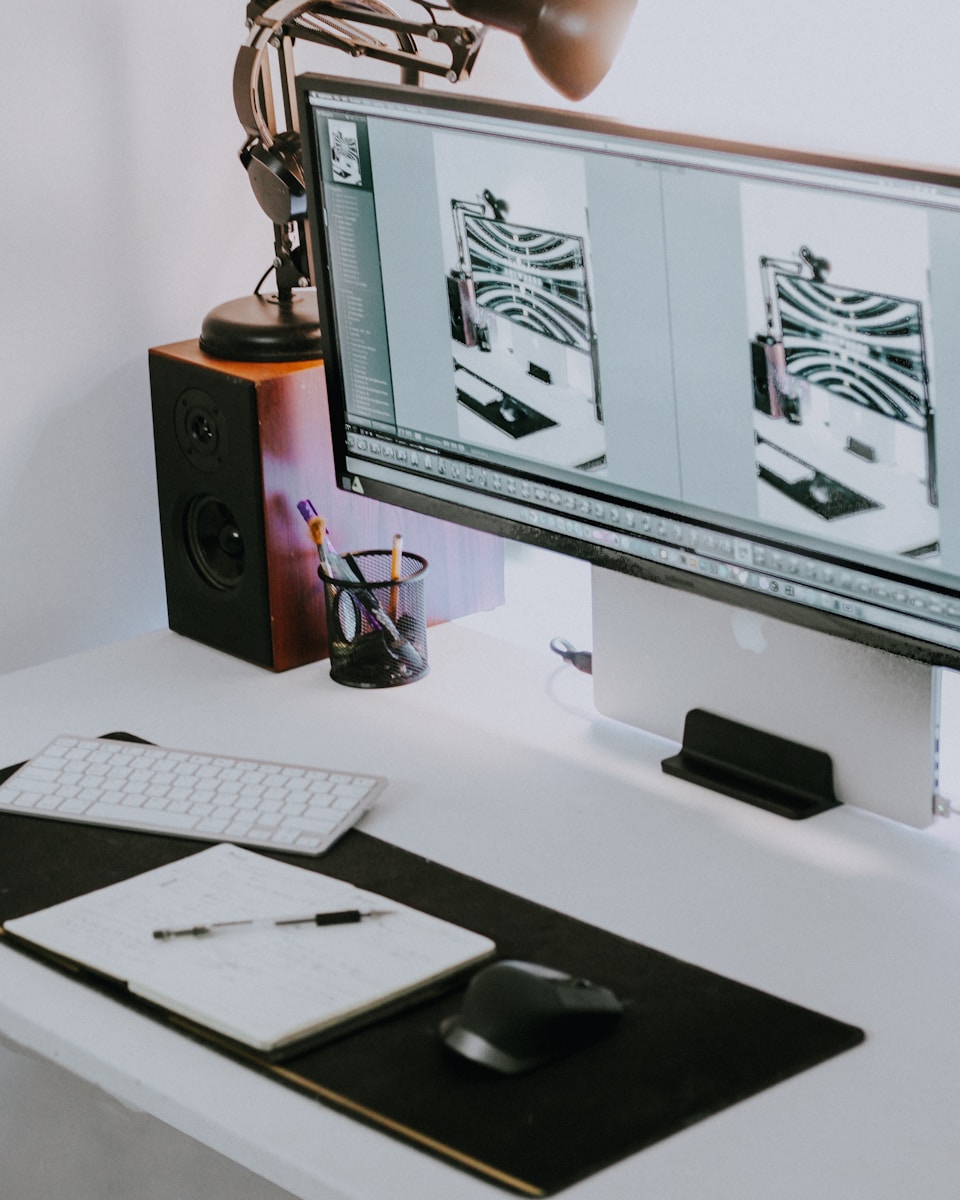
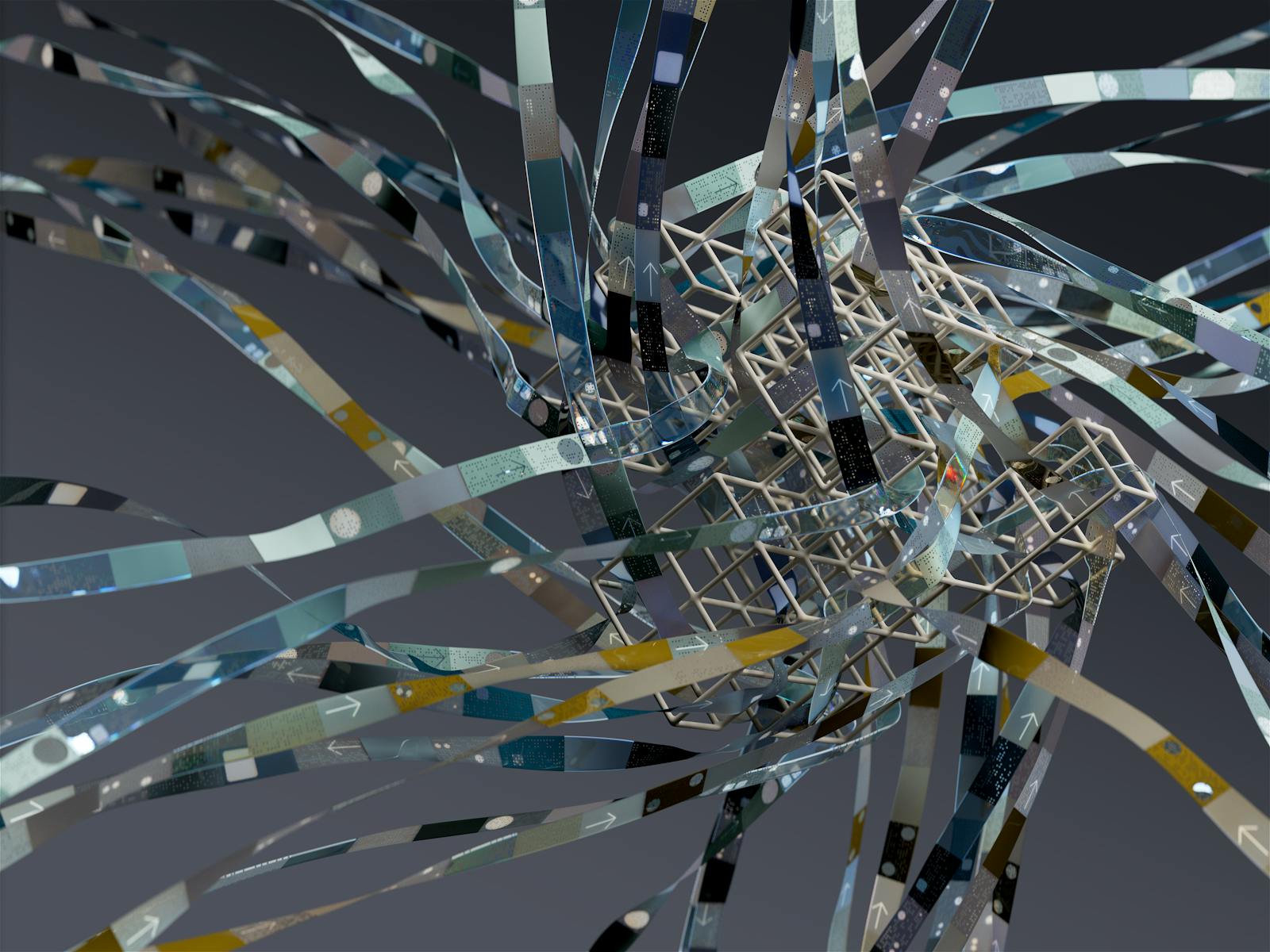
One comment on “Is Graphic Design a Good Career Post-AI?”